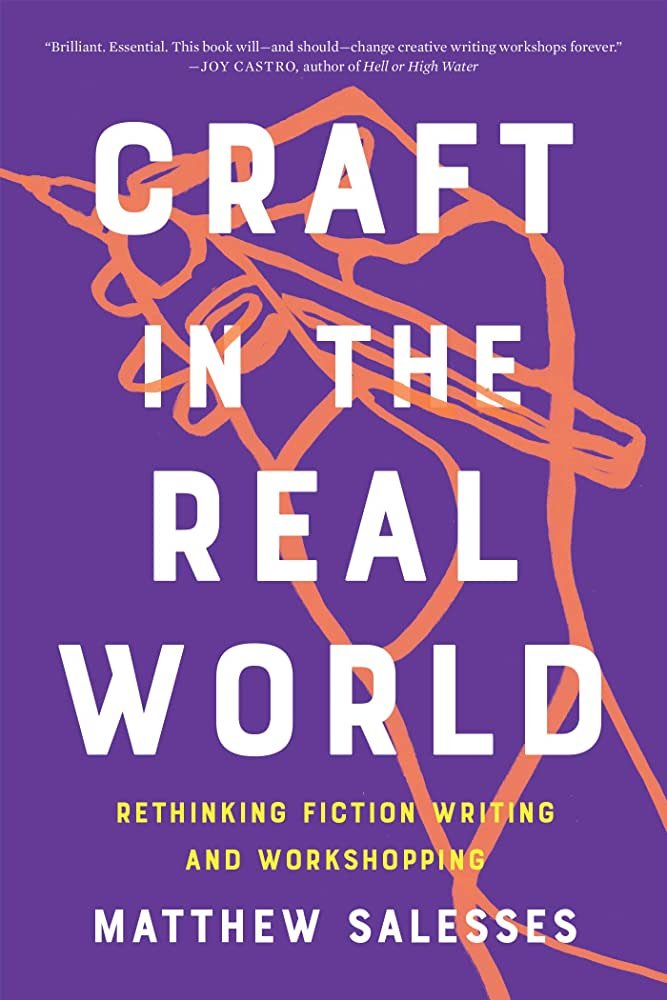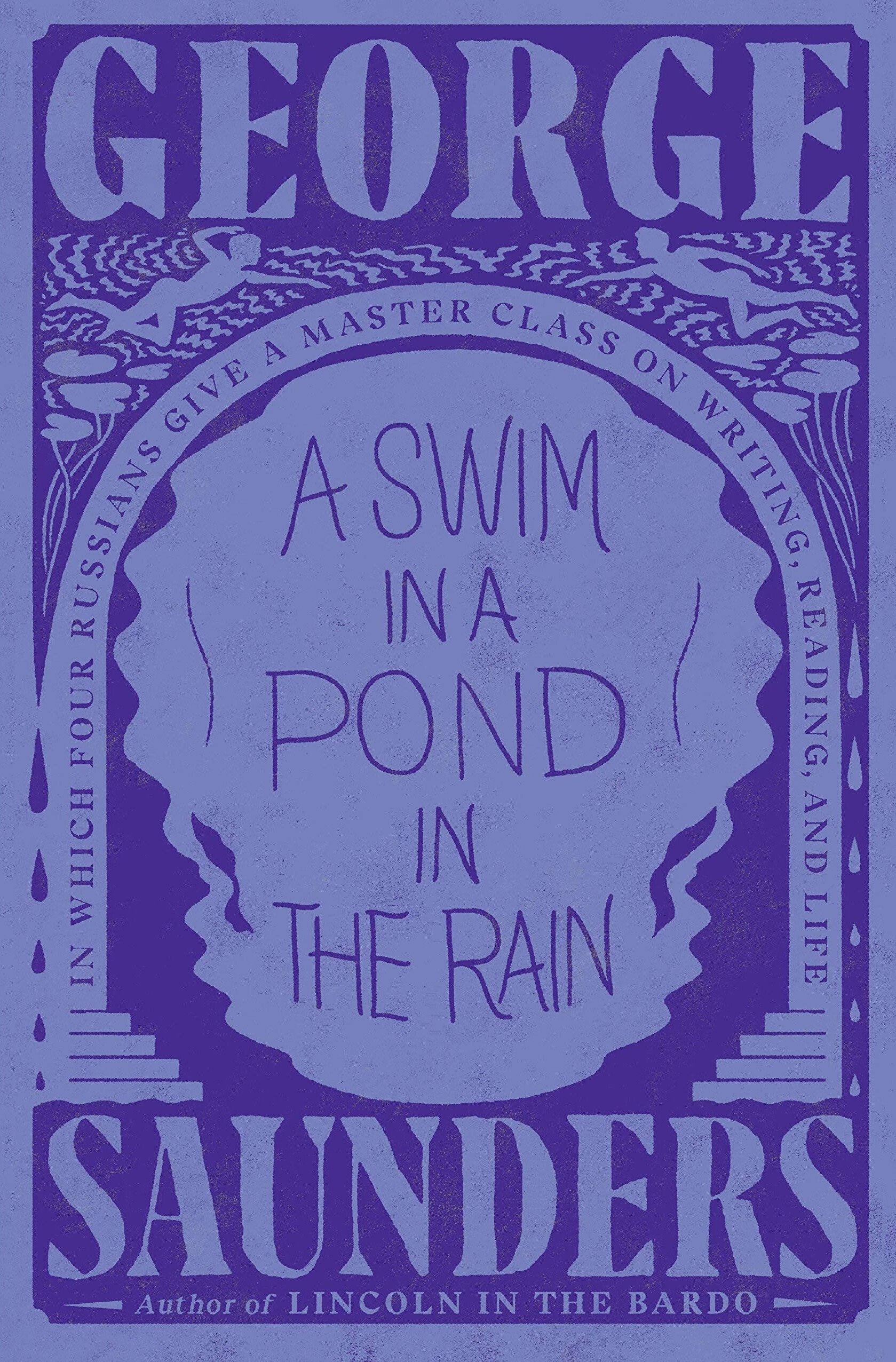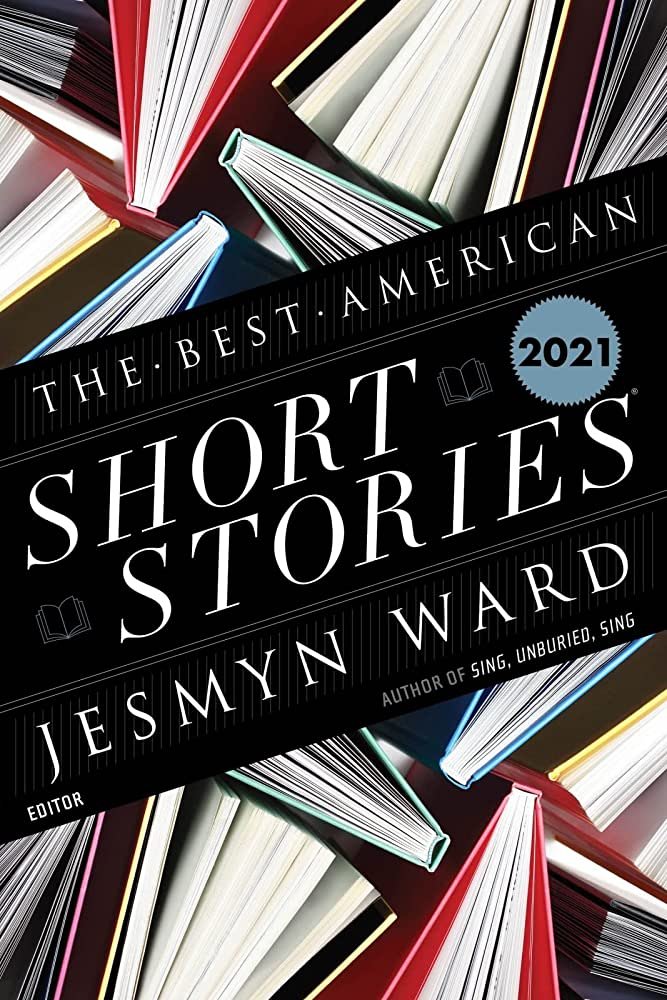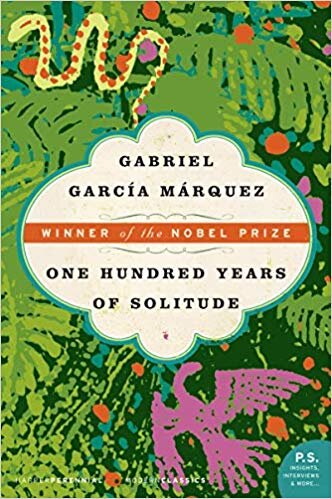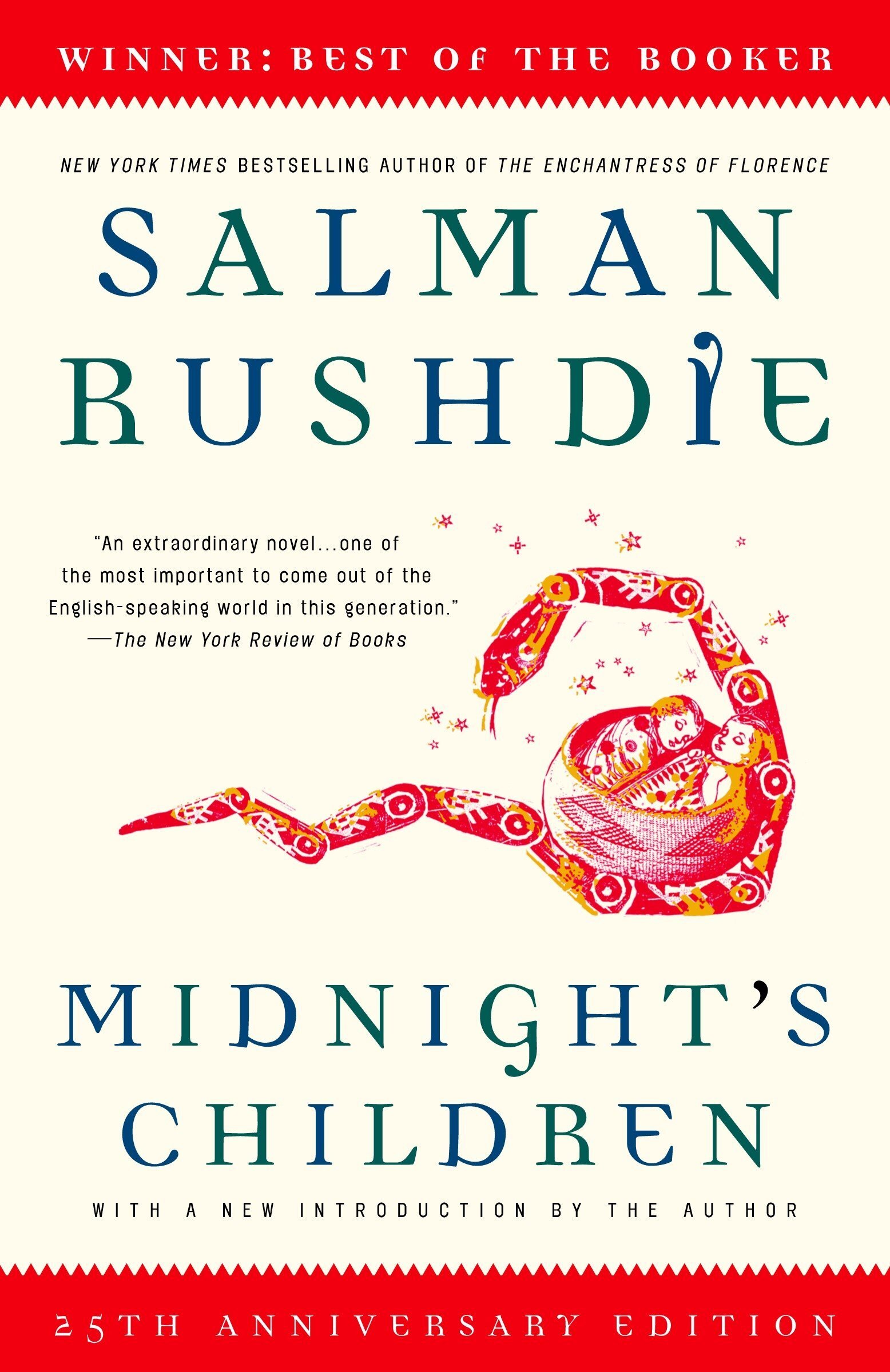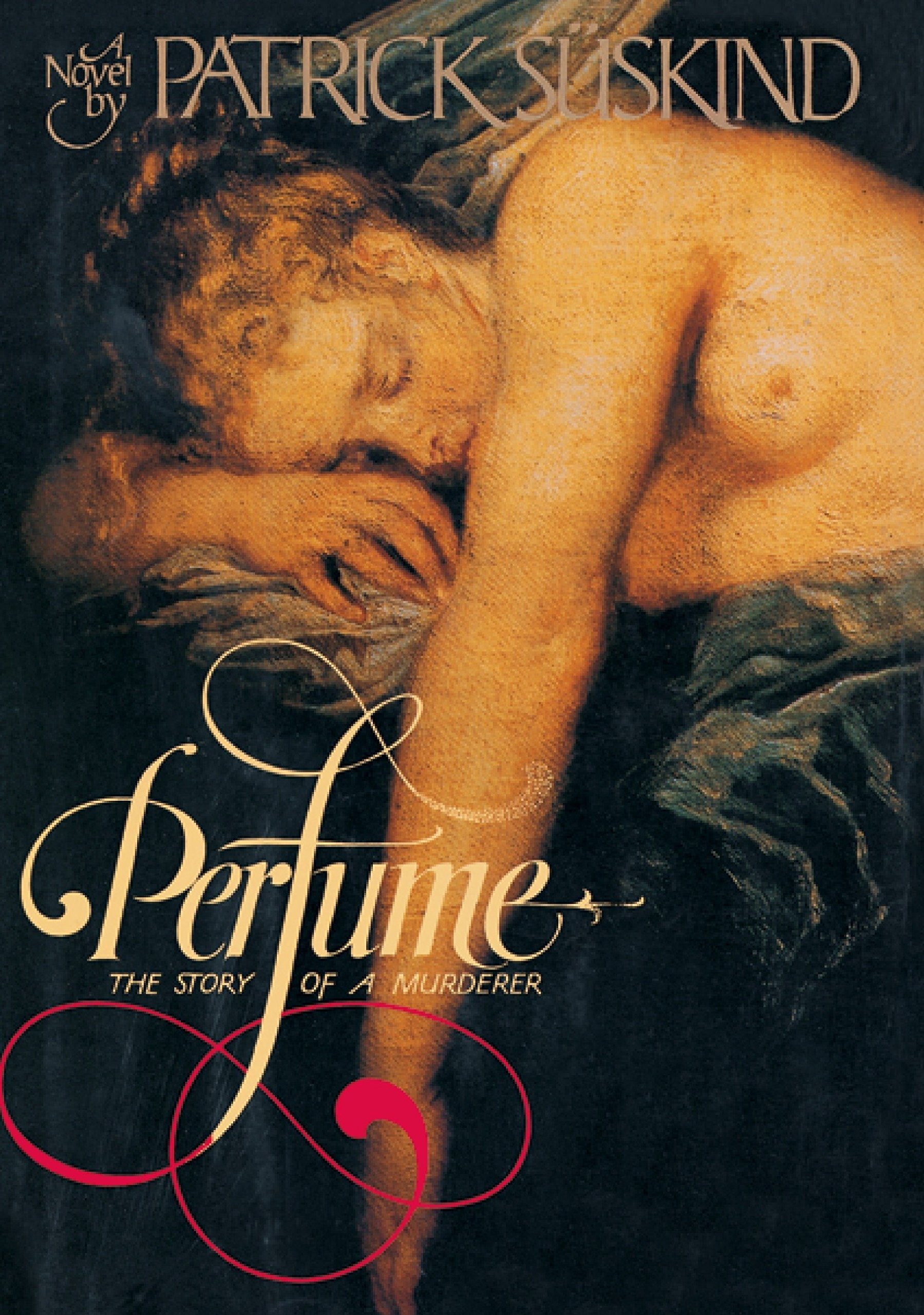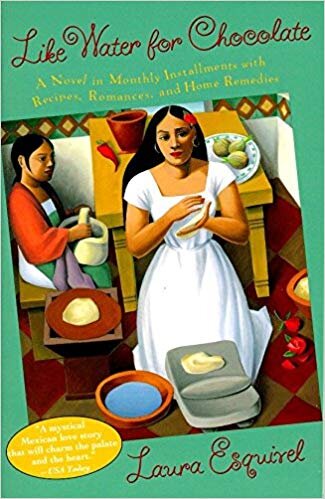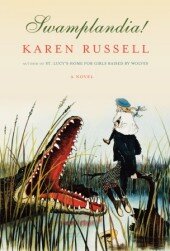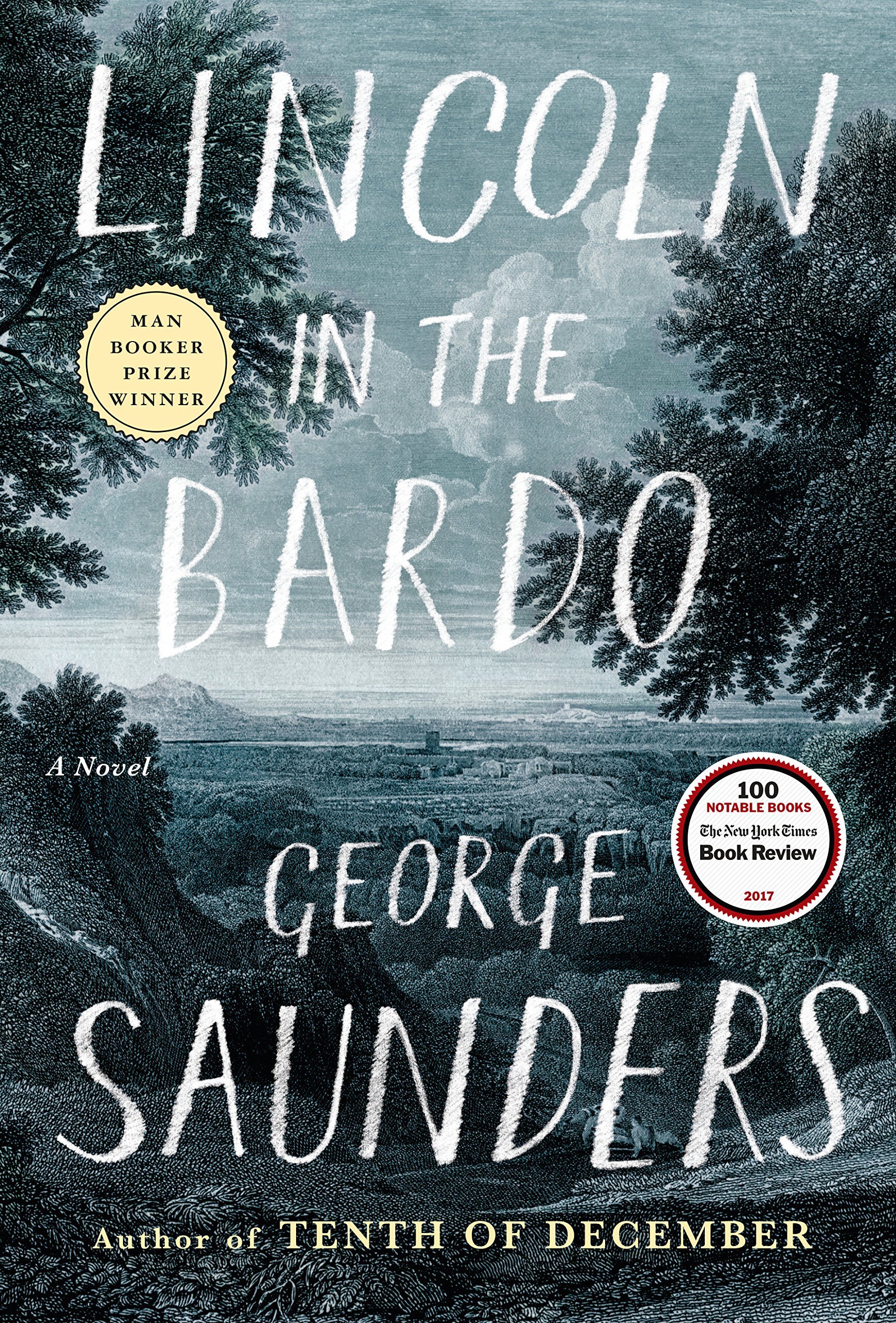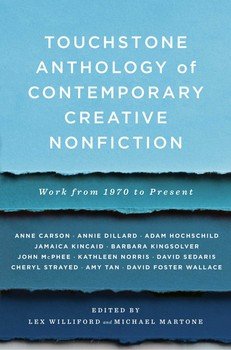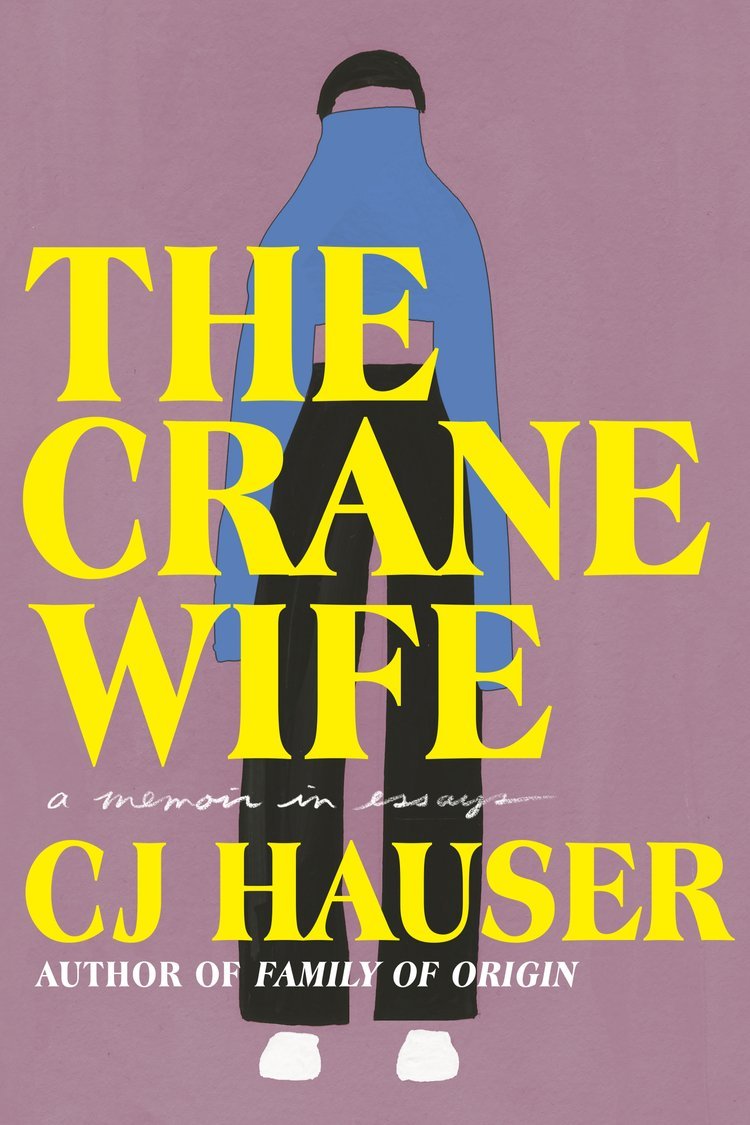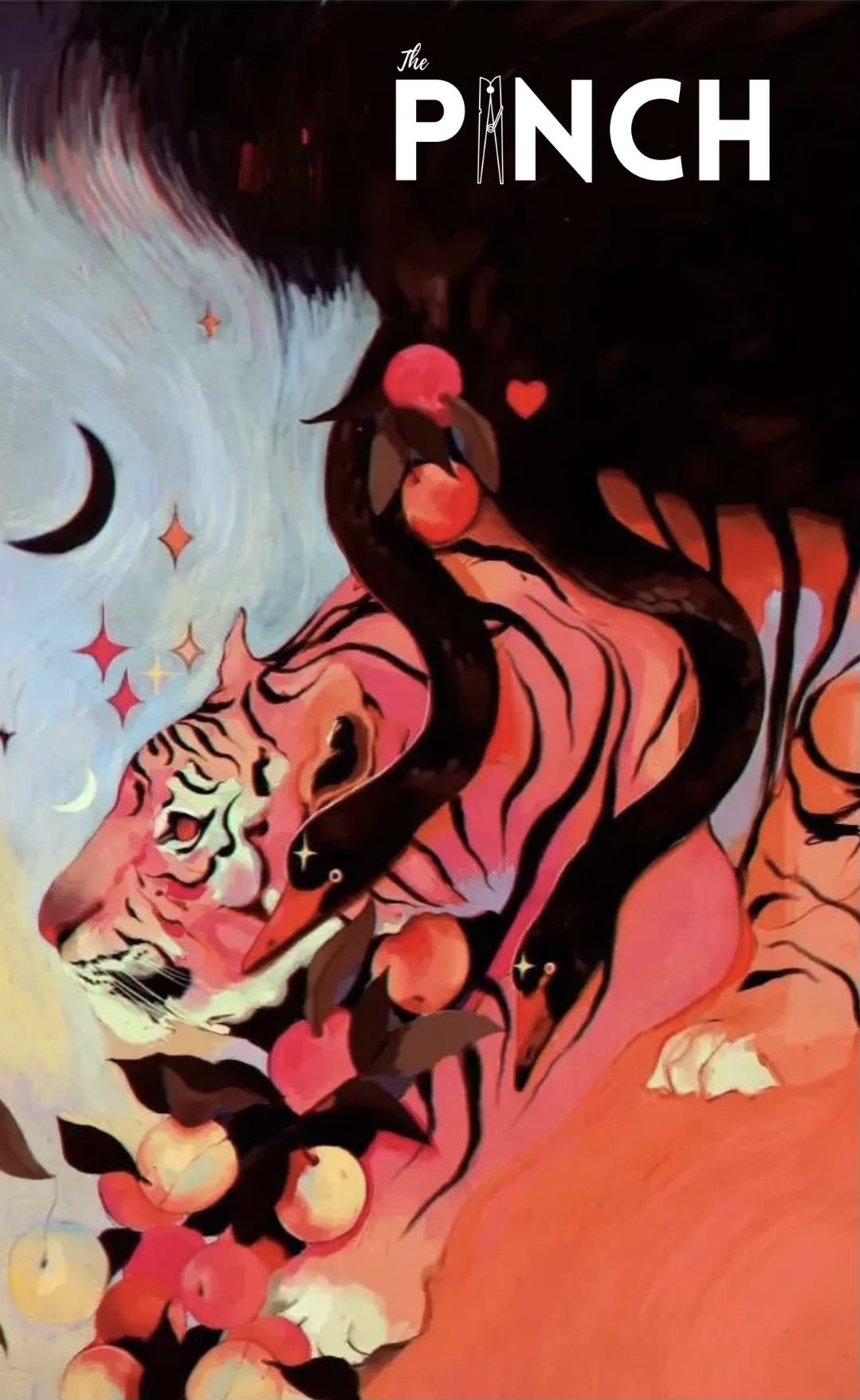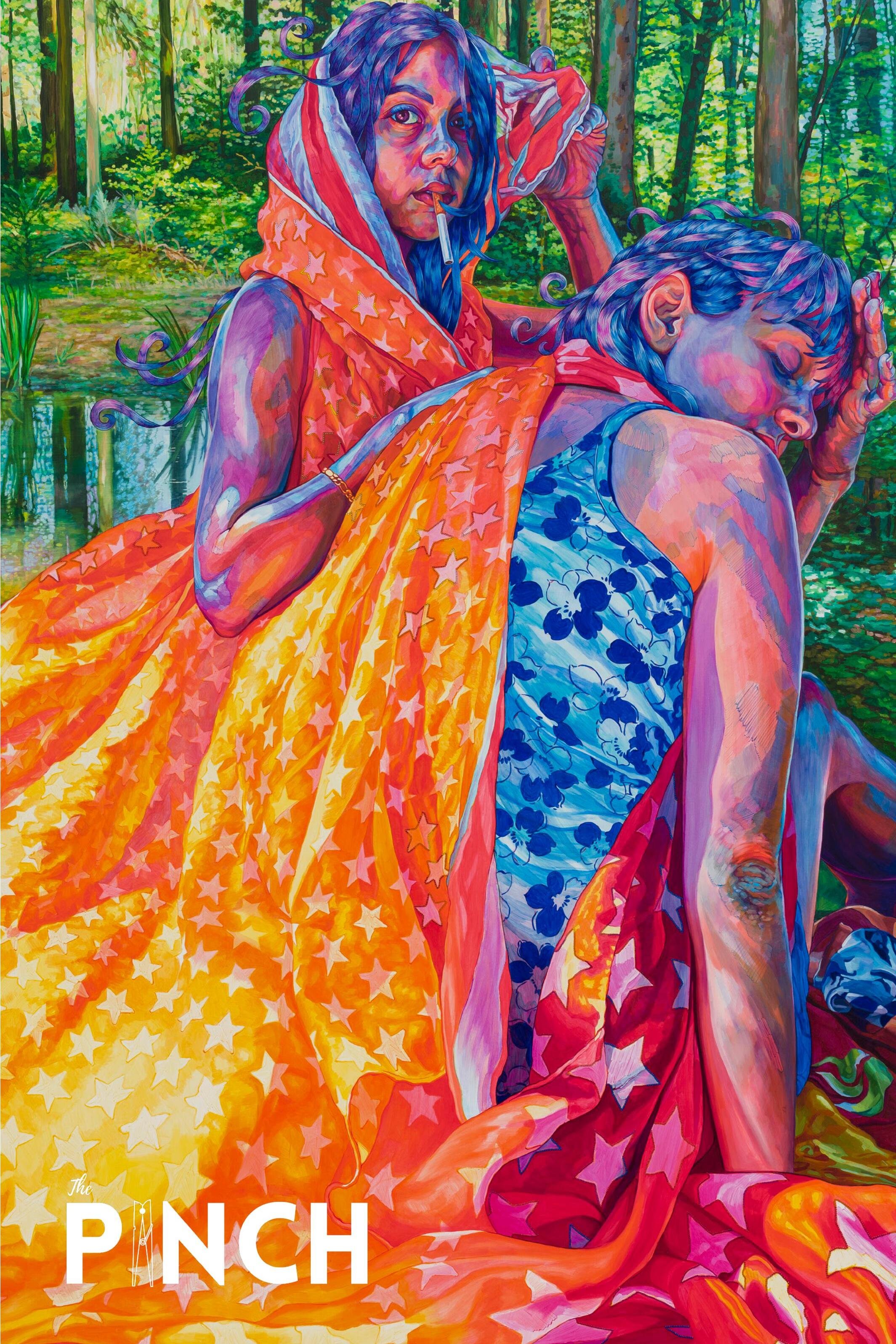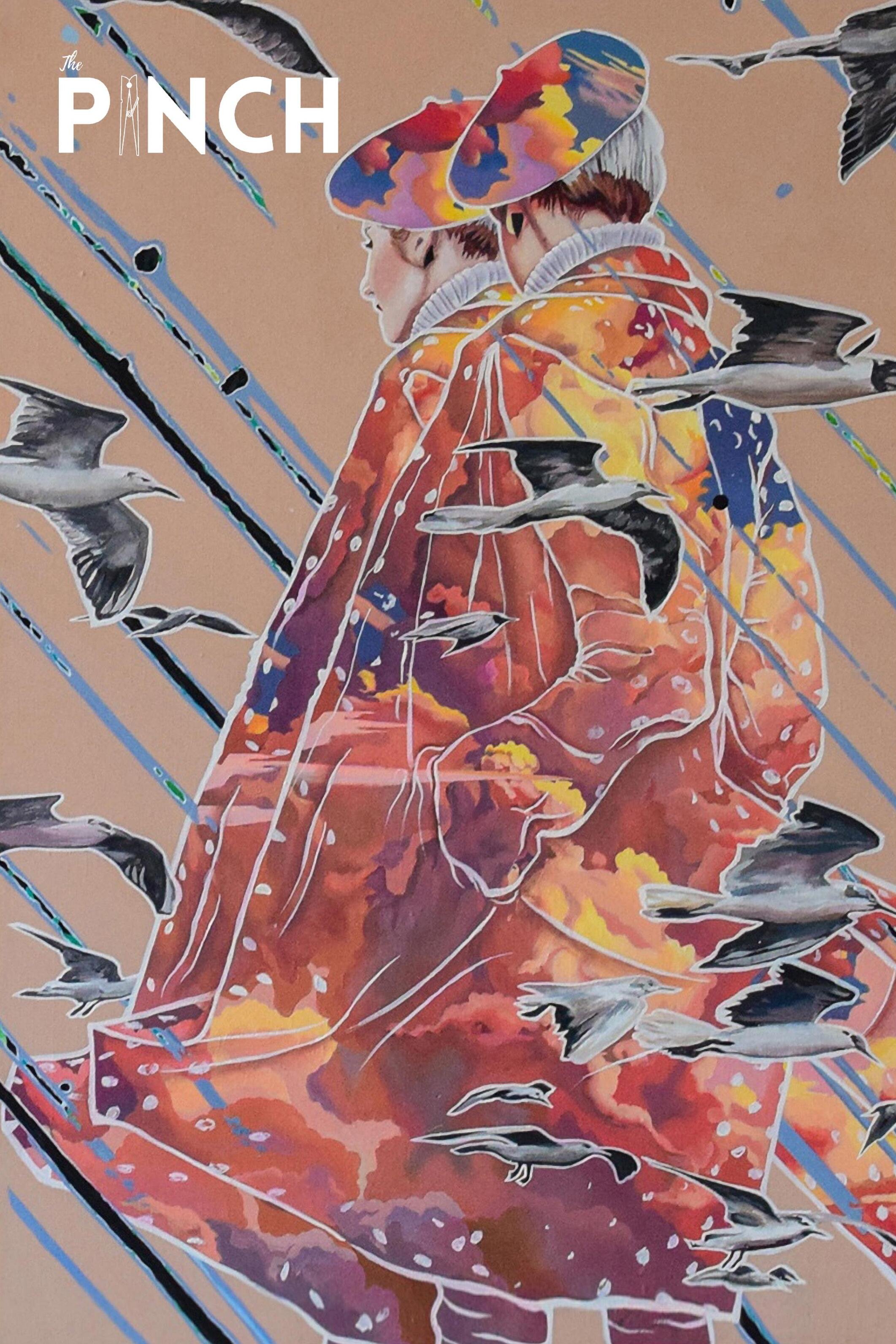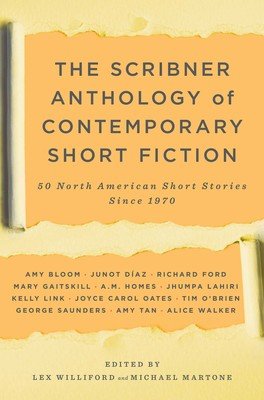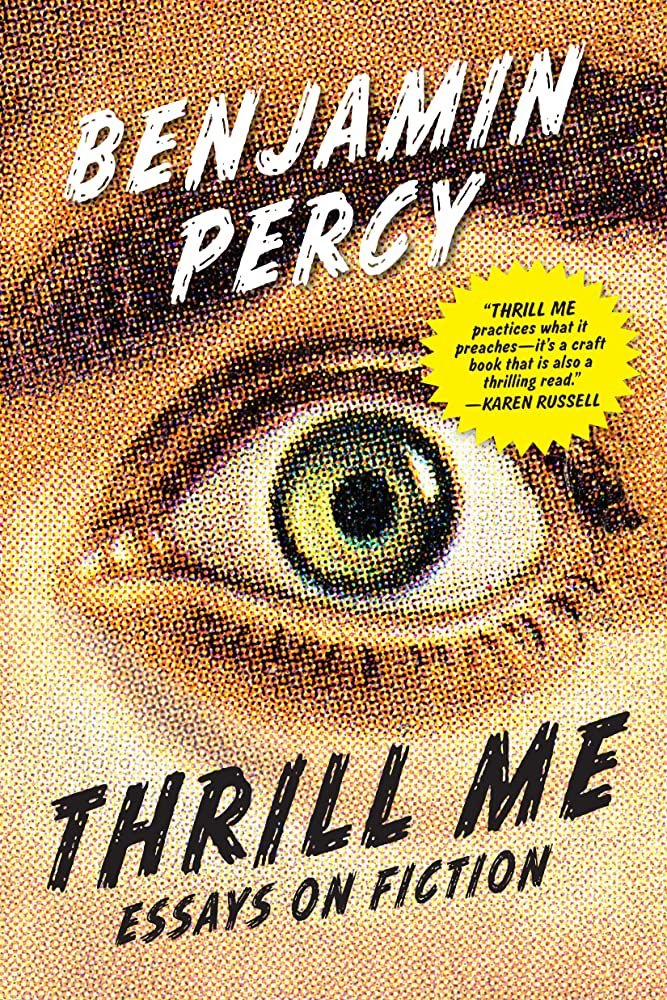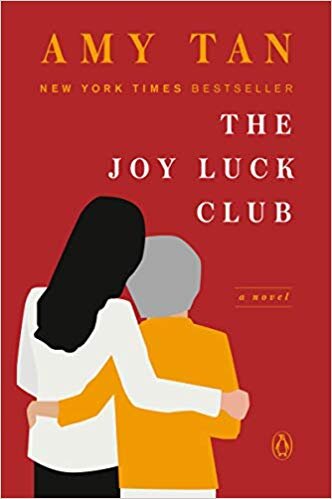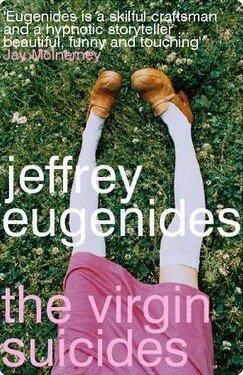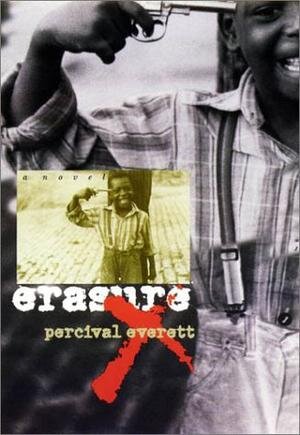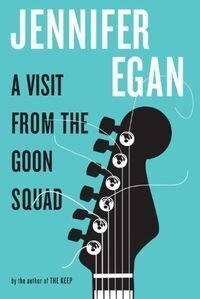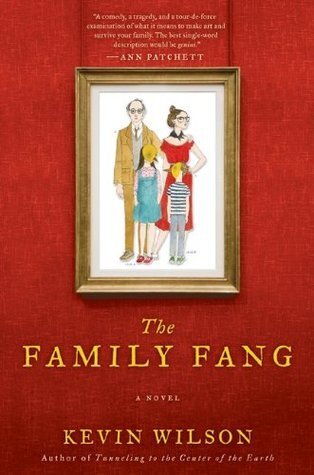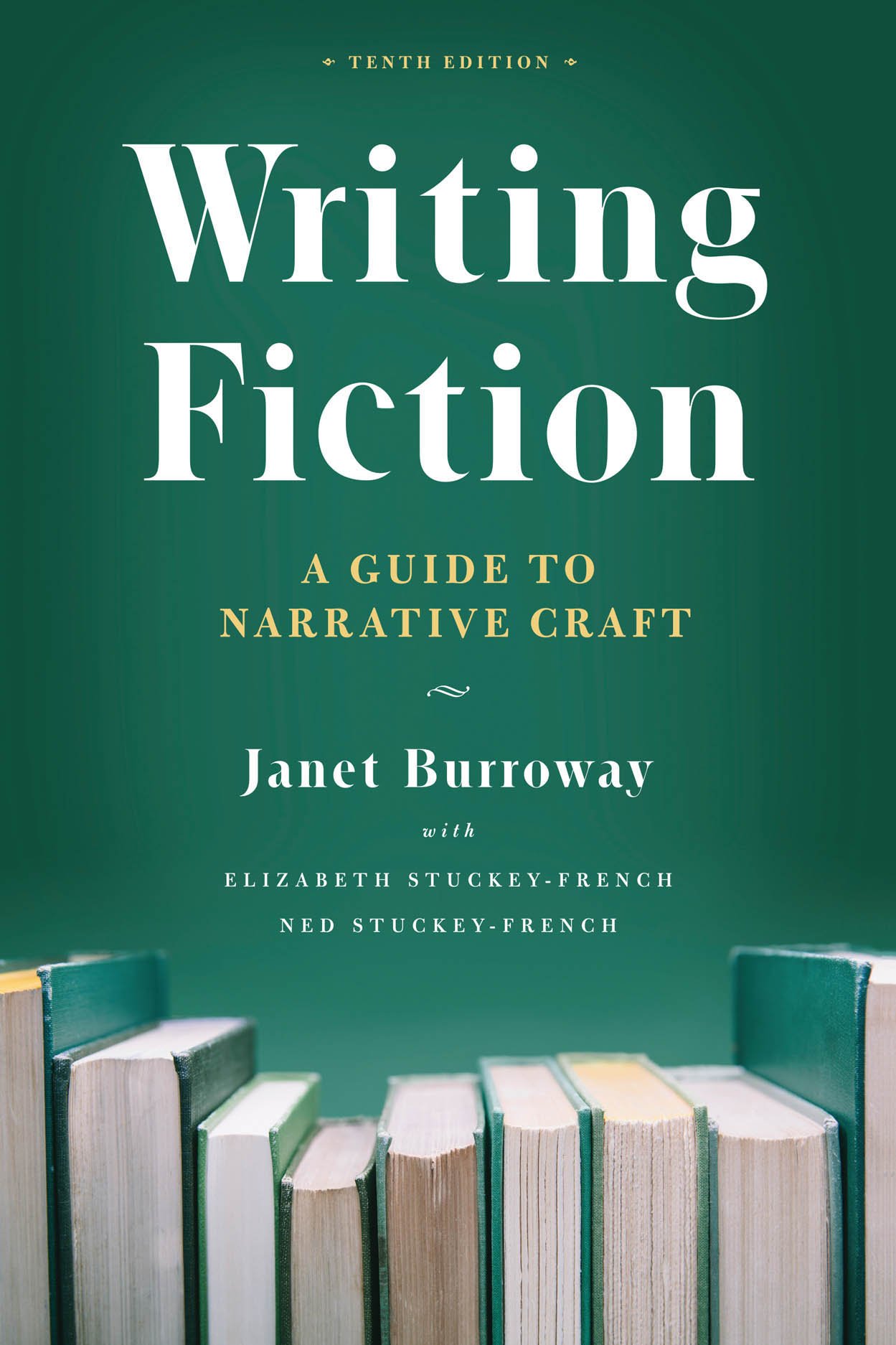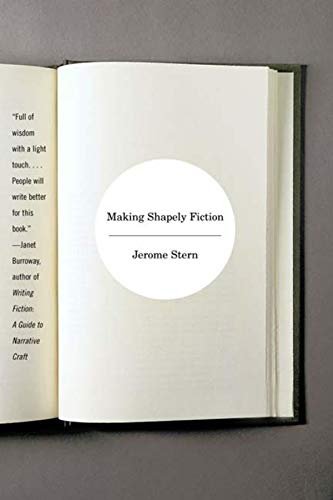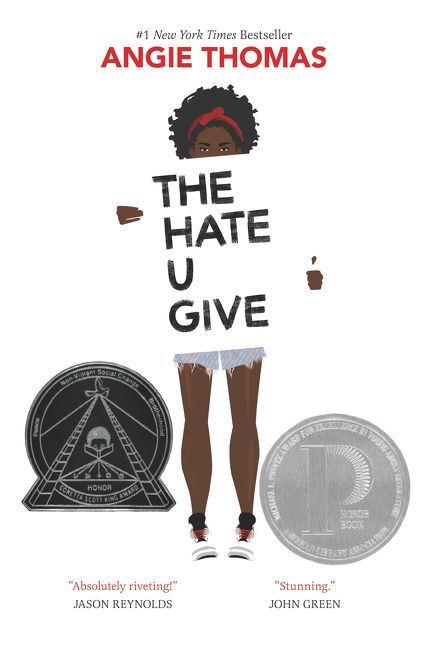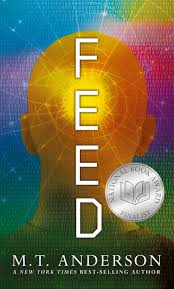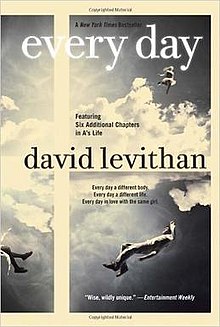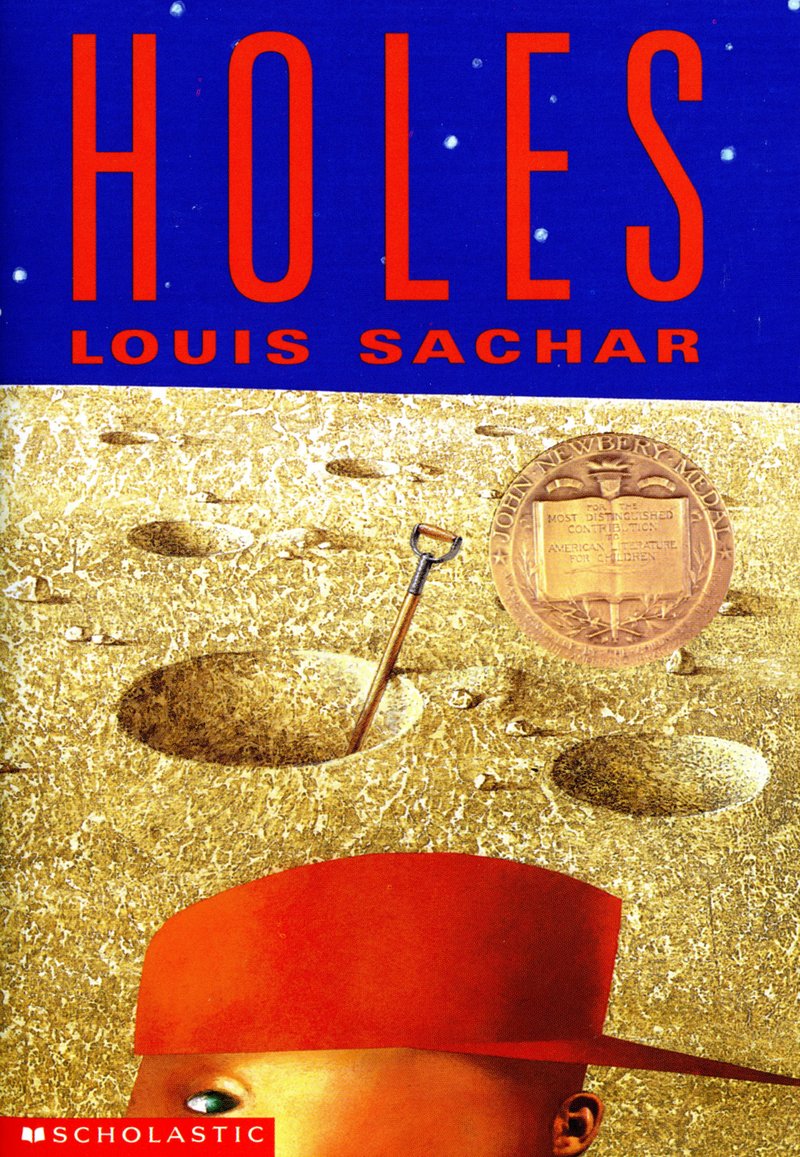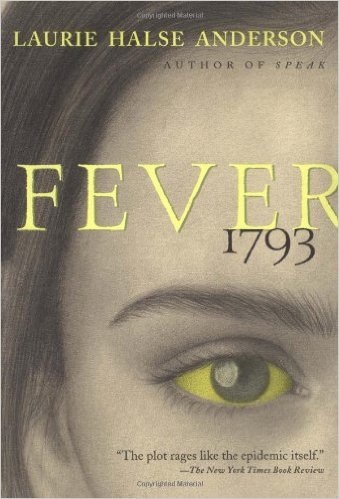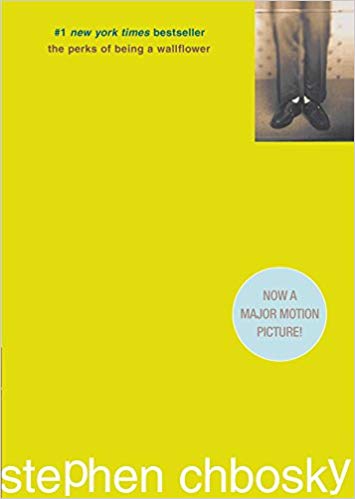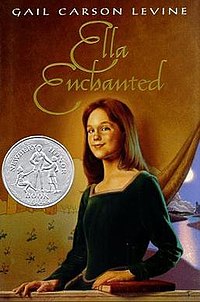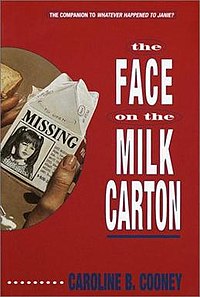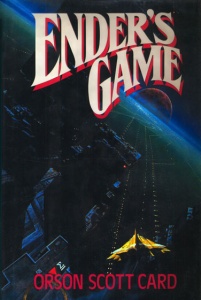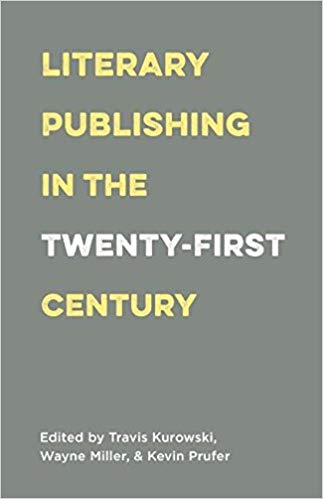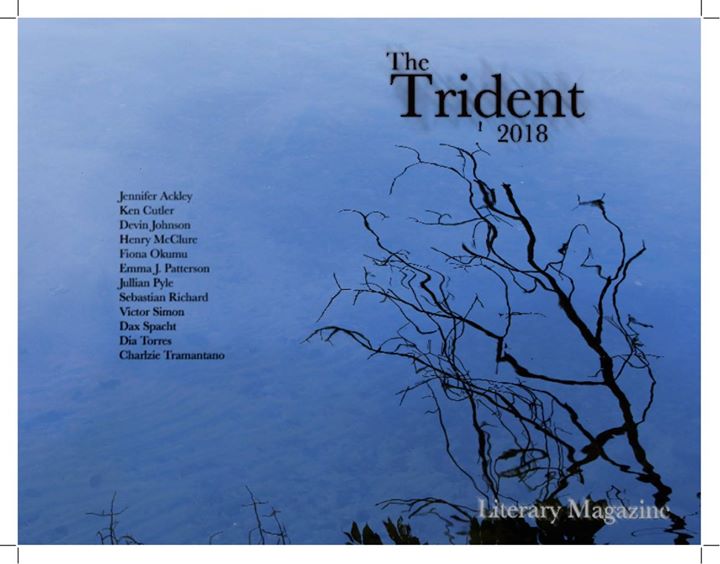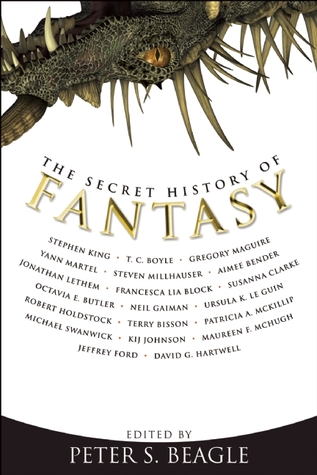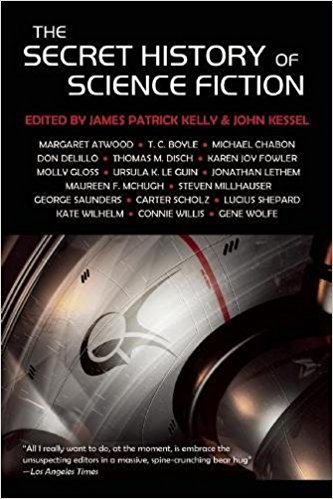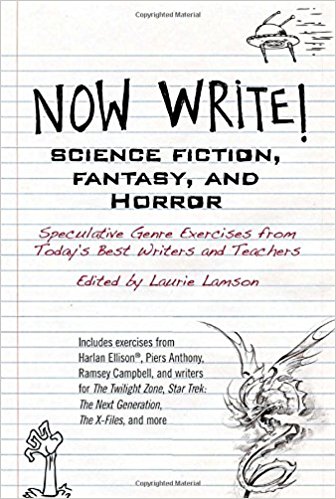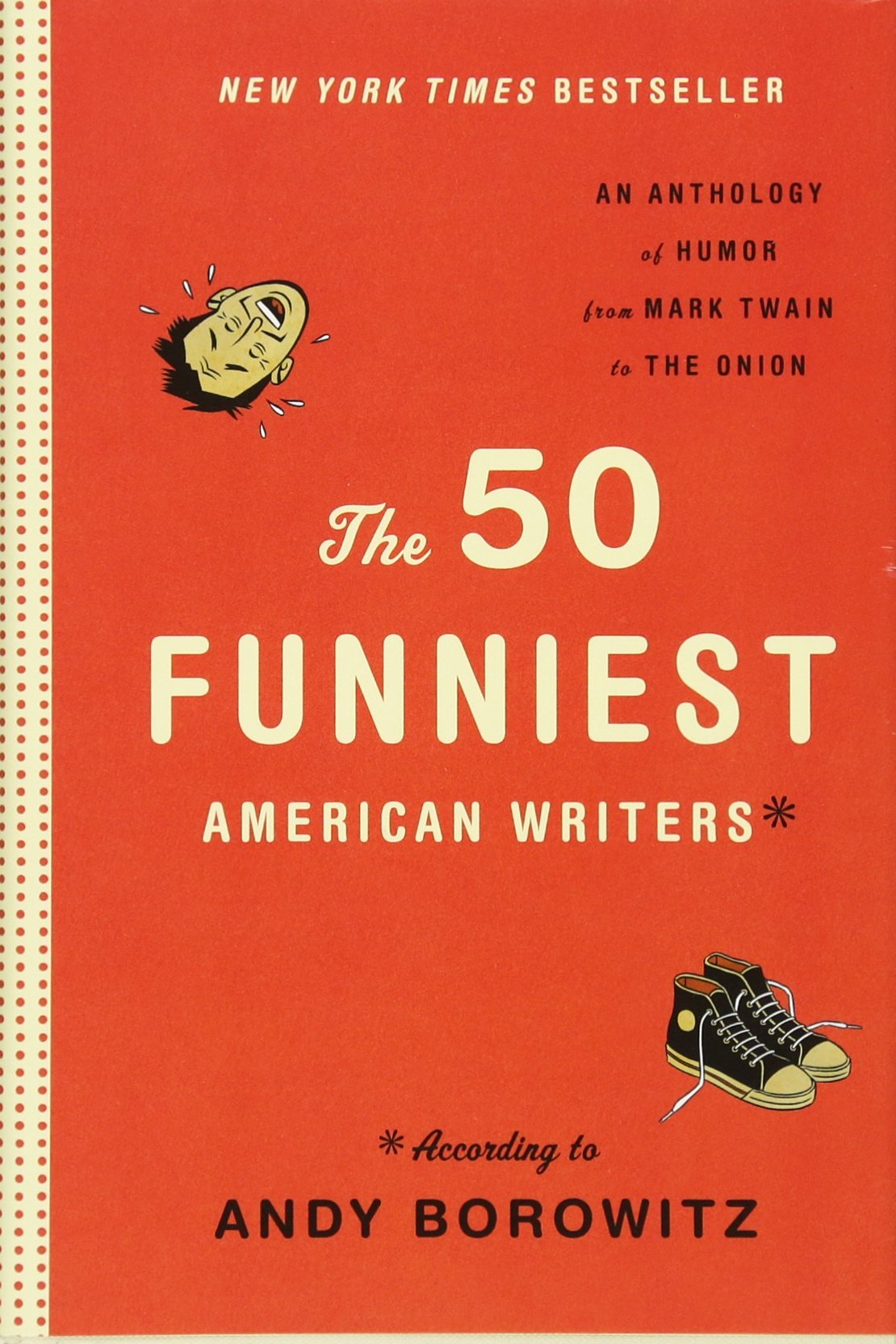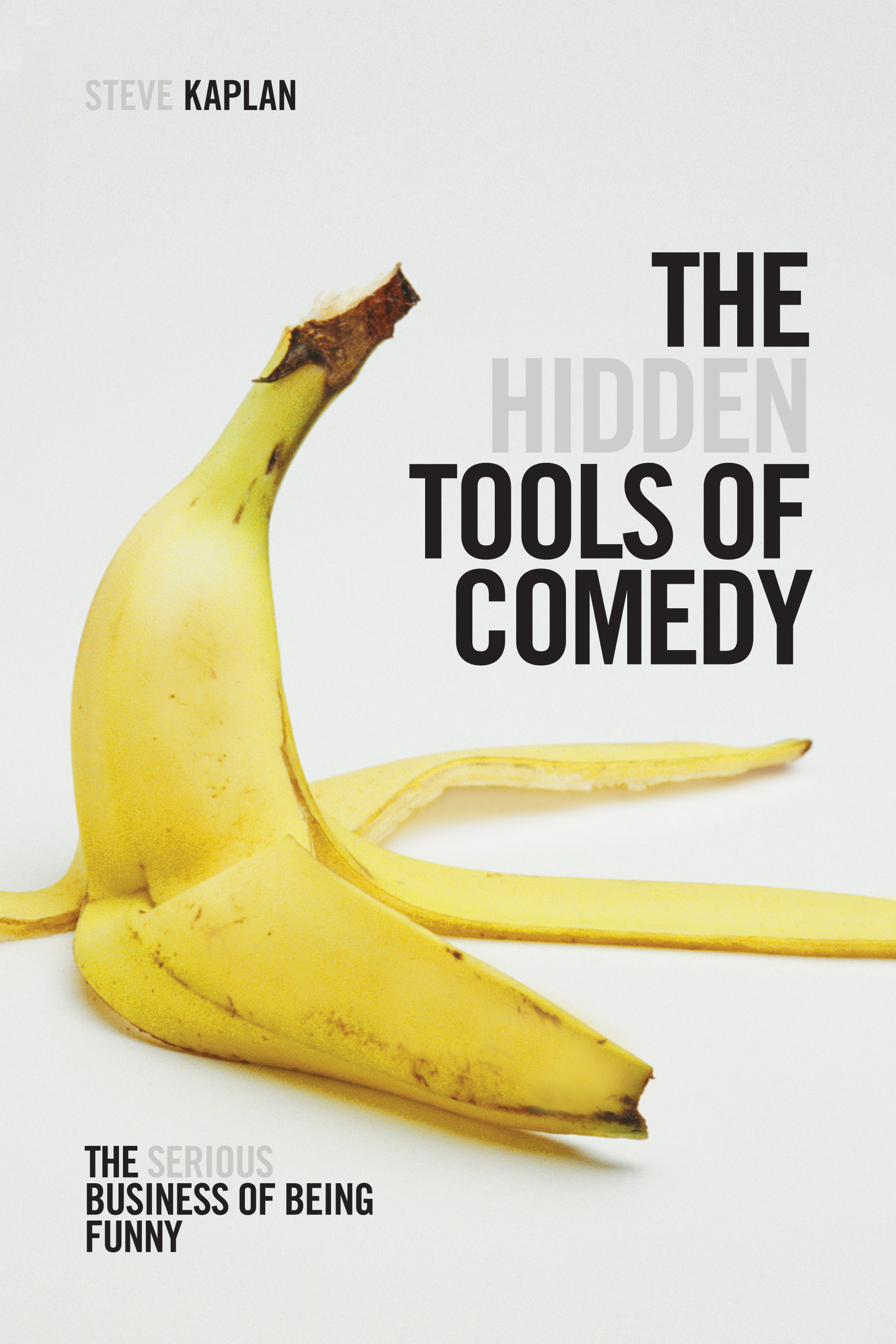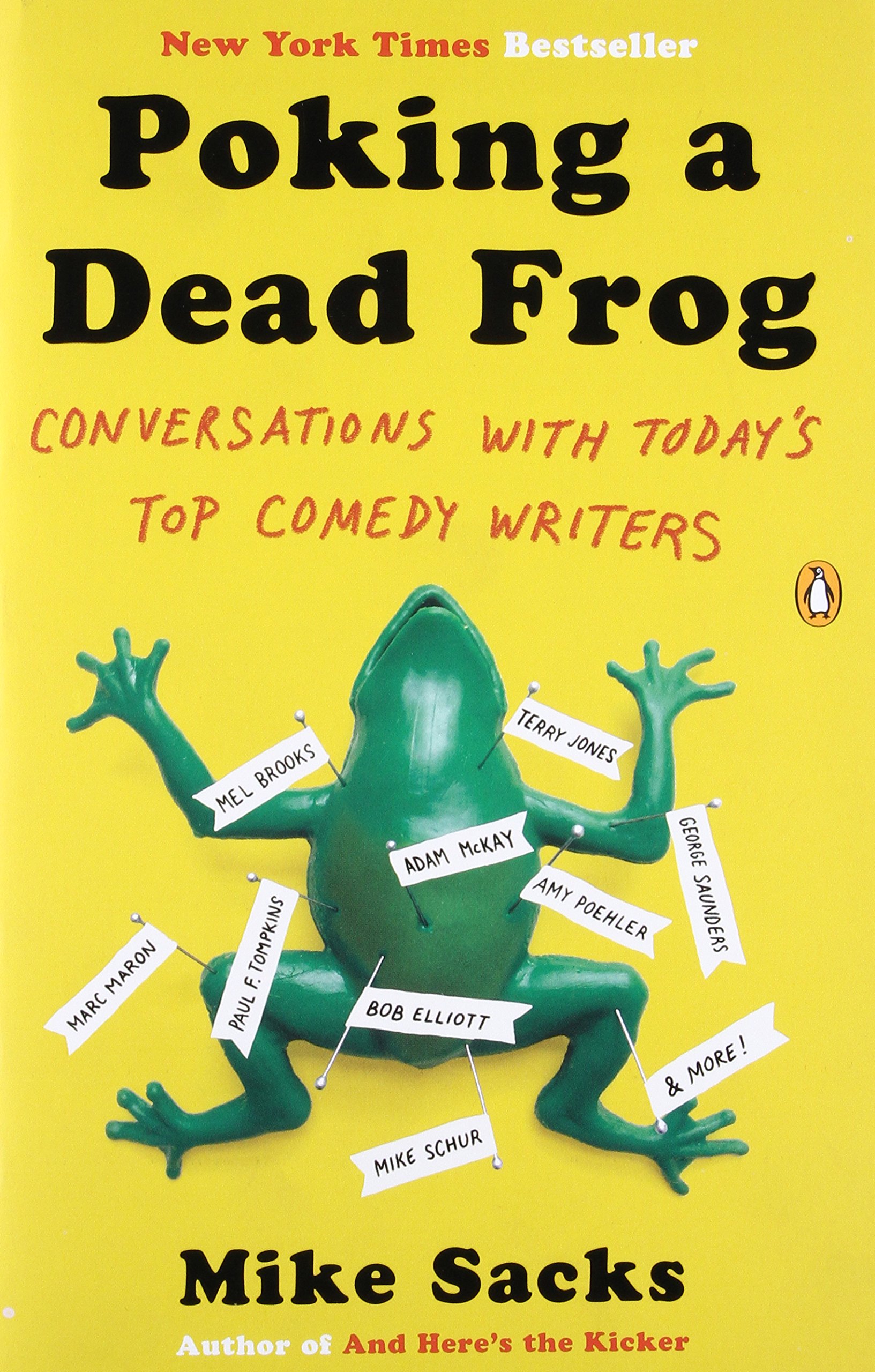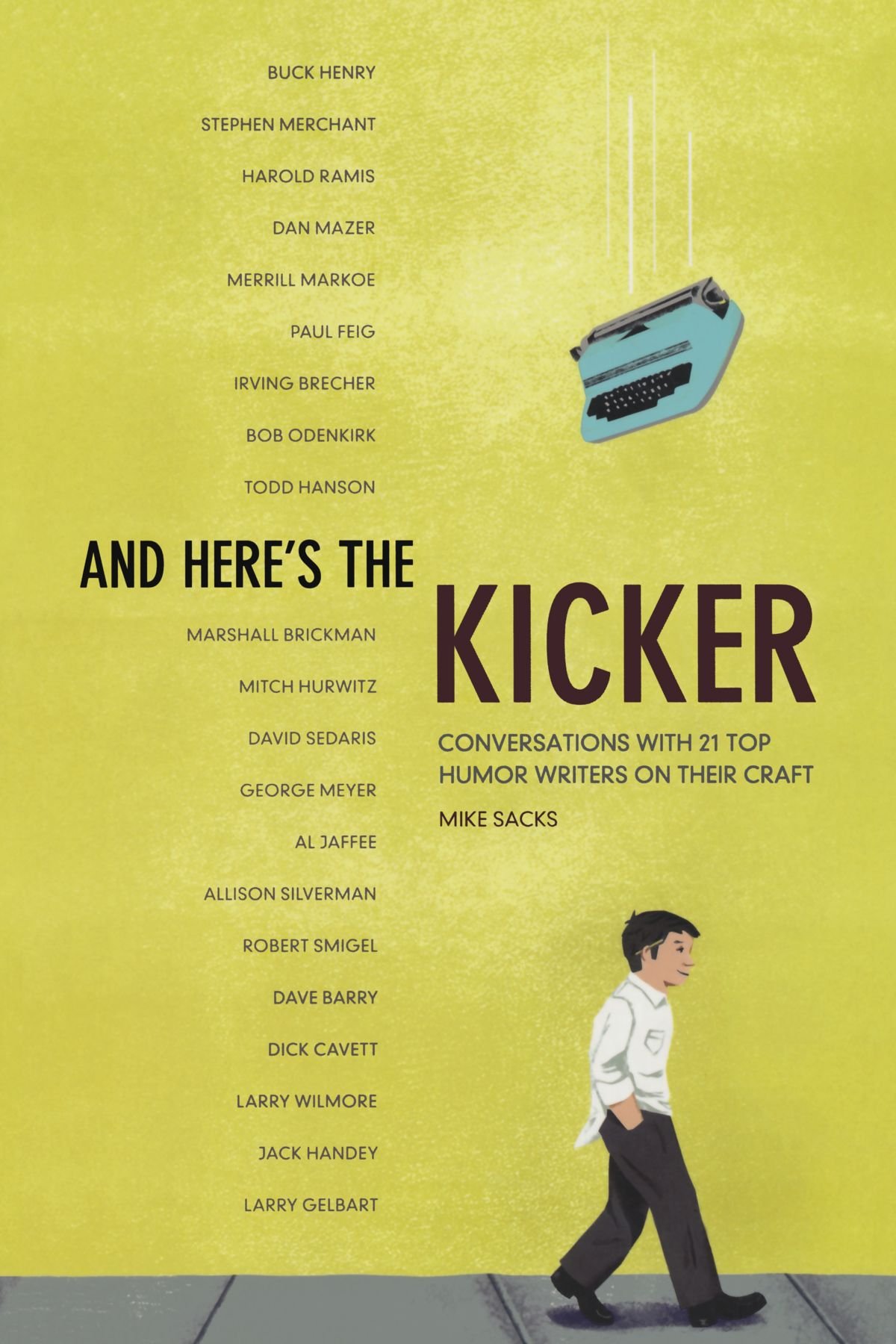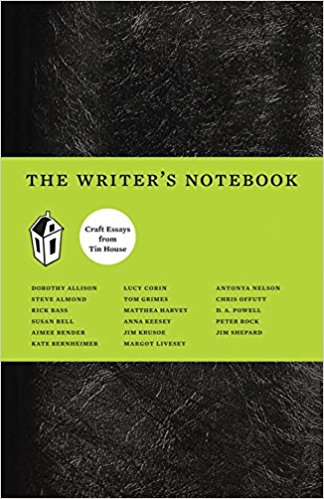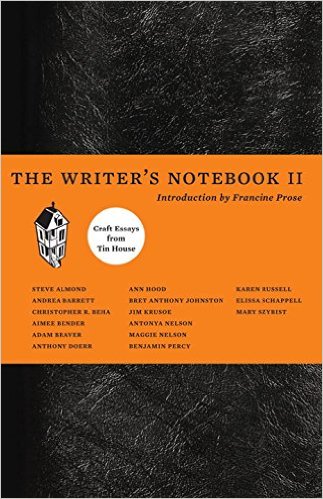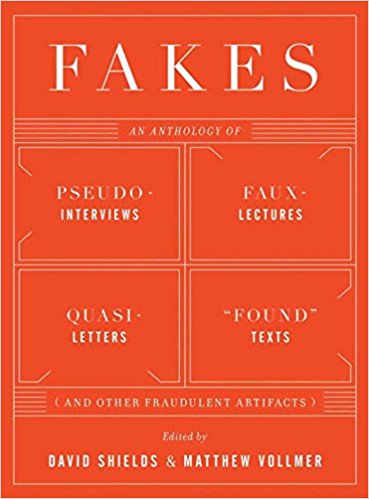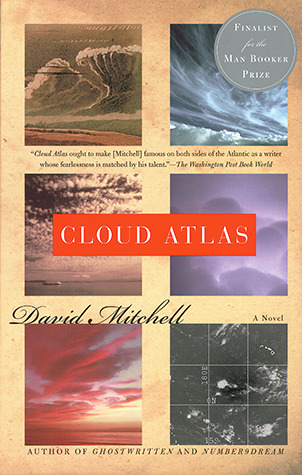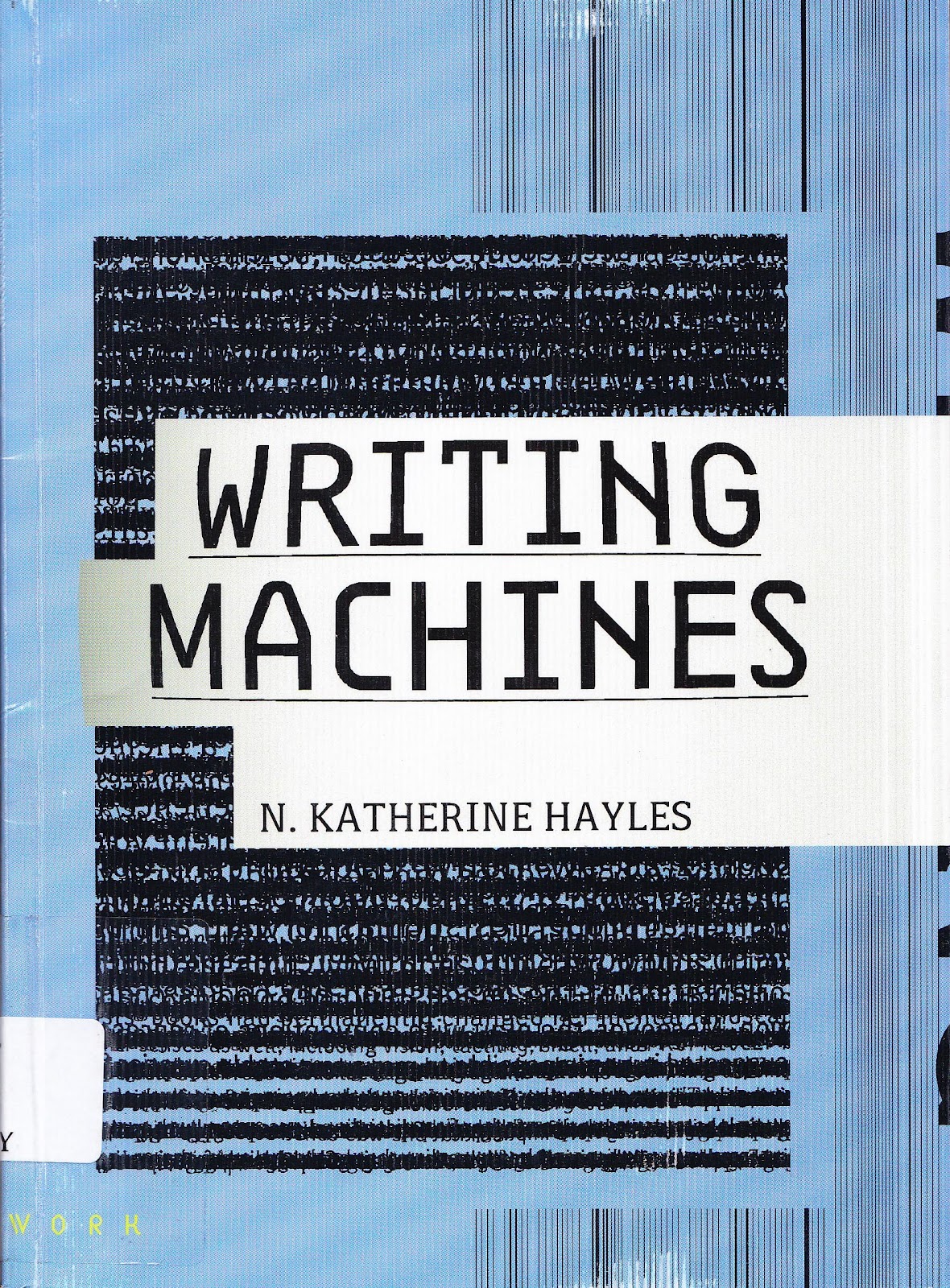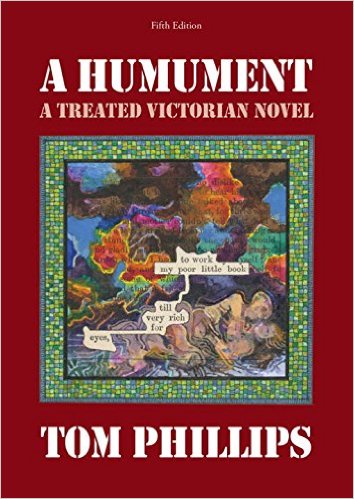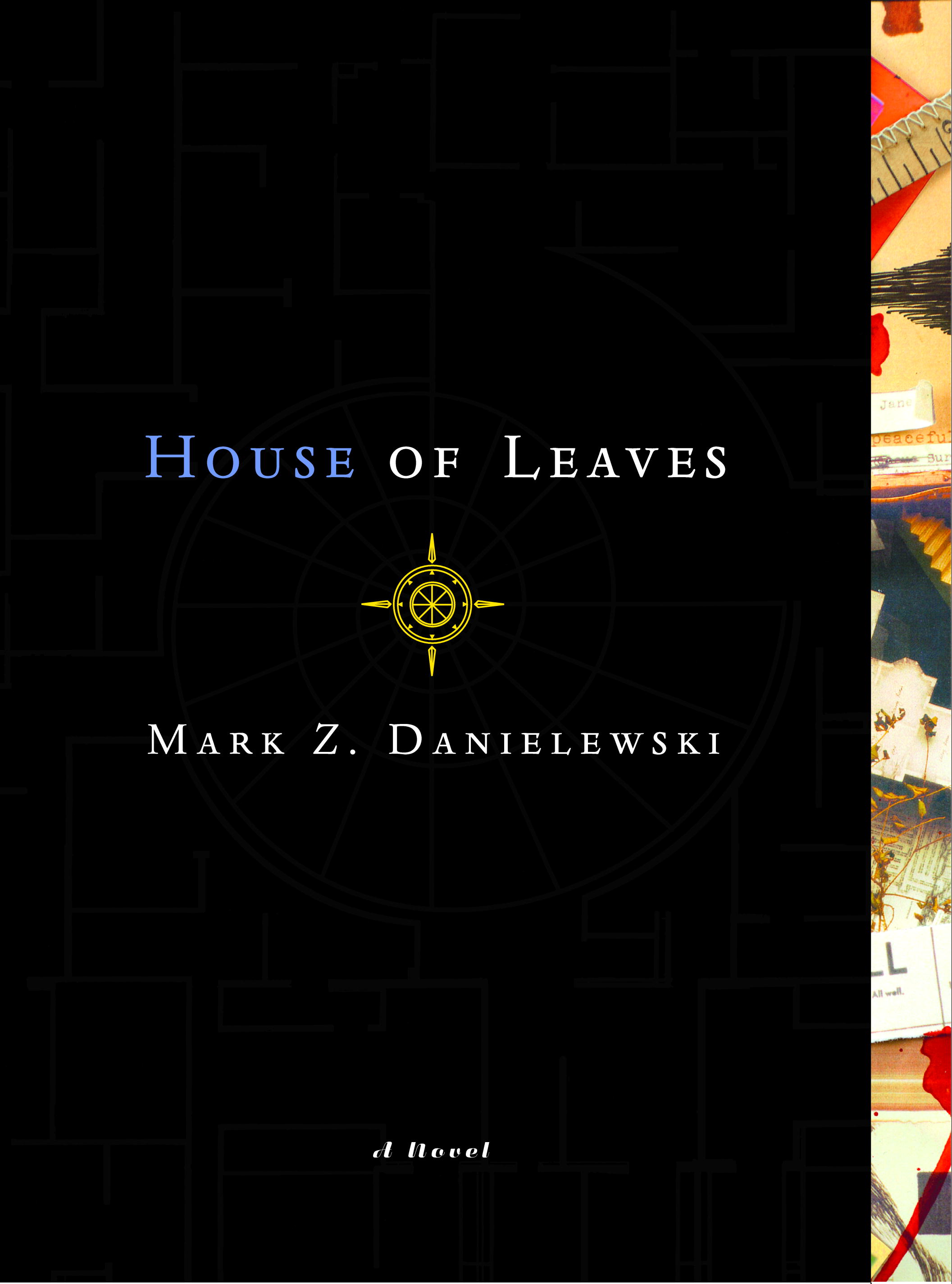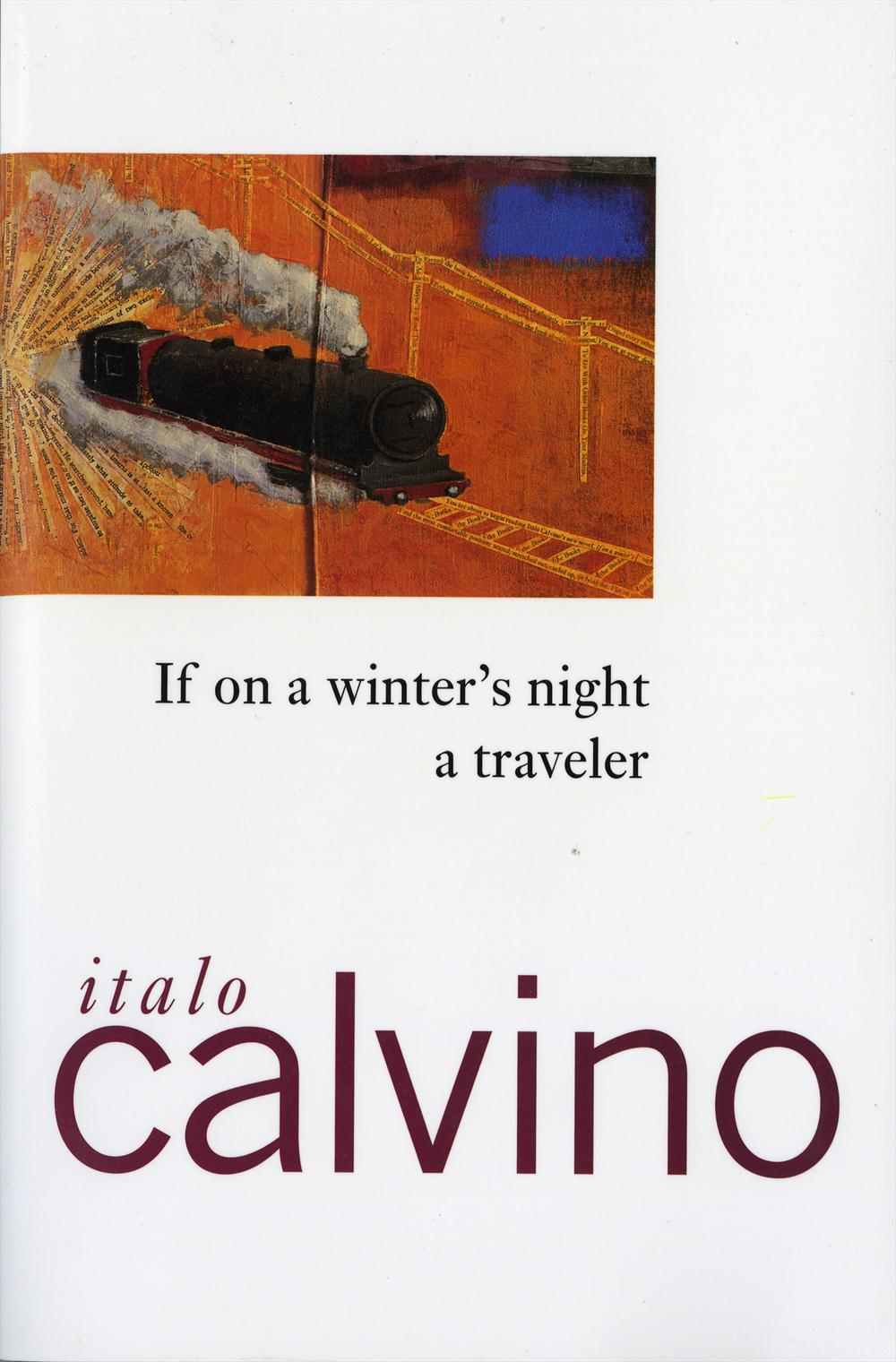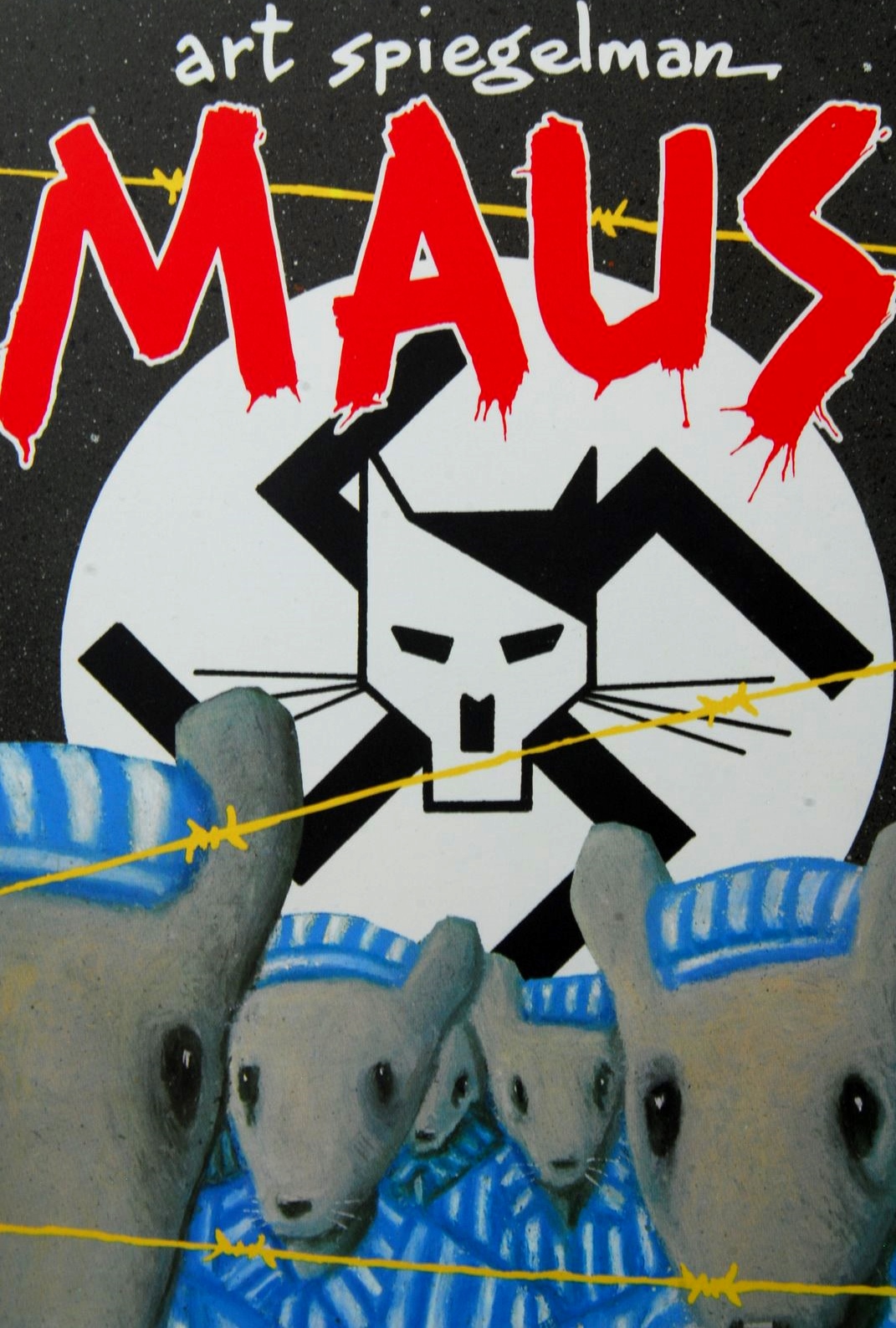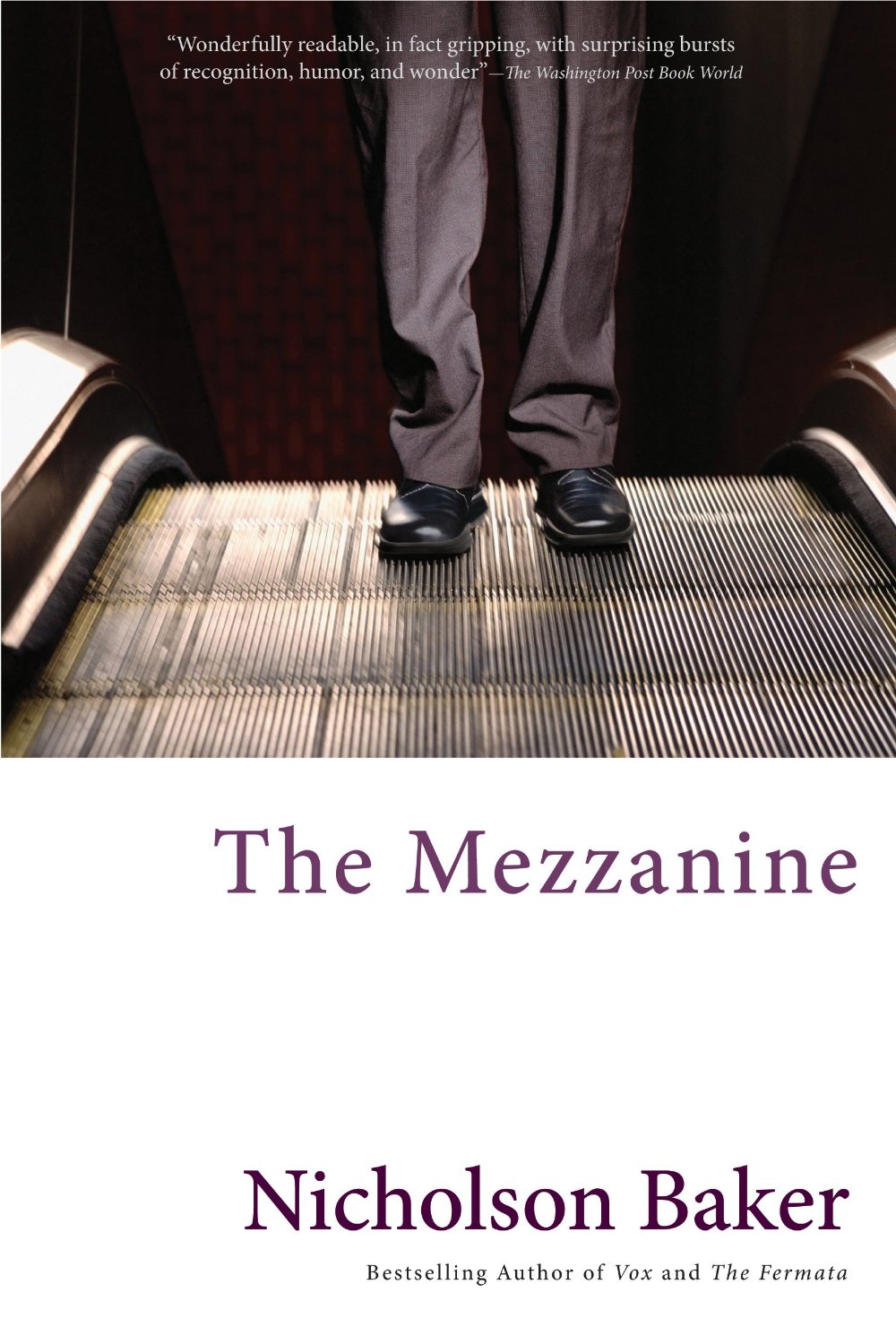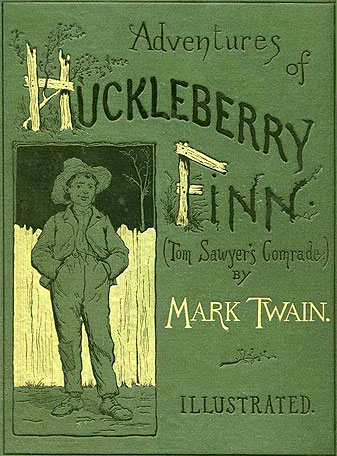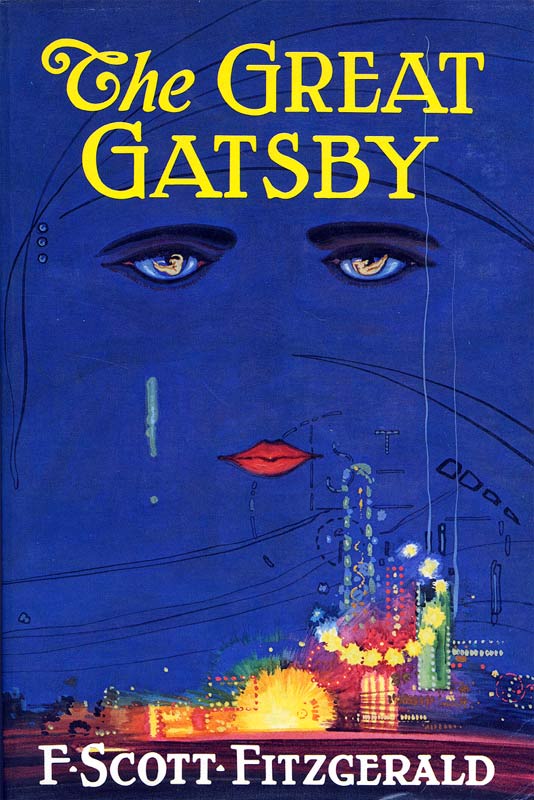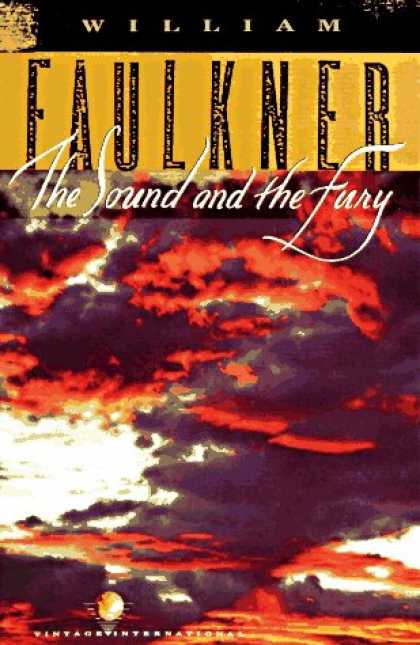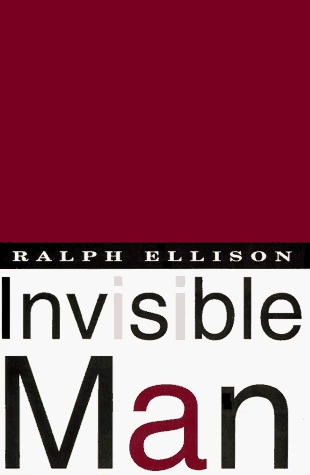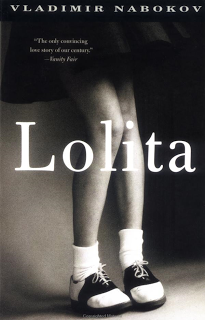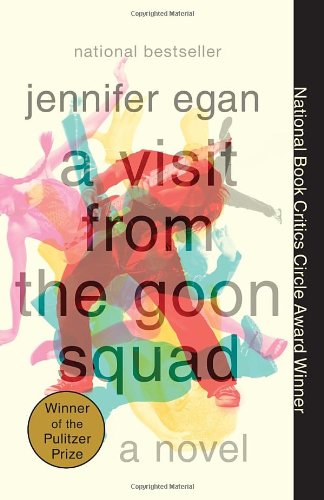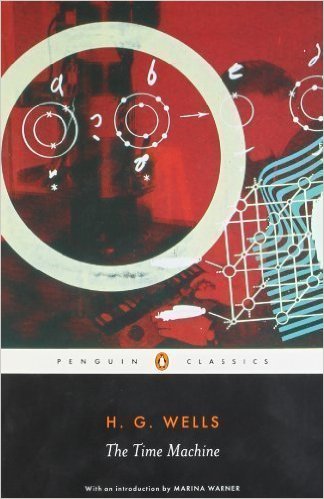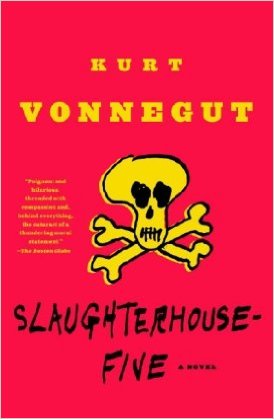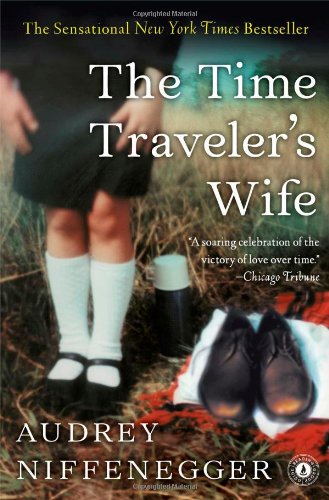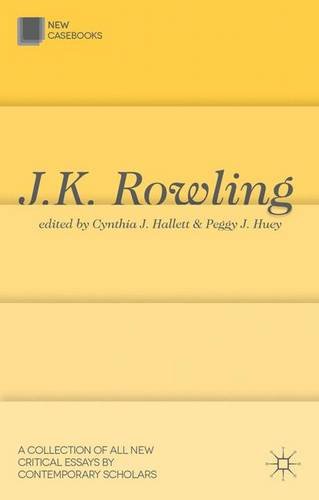Professor
Graduate Courses
Fiction Workshop (Graduate)
University of Memphis, Fall 19, Spring 20, Spring 21, Spring 22, Fall 23
Students’ original fiction is the primary focus for this graduate workshop. Reading in this class is focused not on the lit-crit question what does this mean? but on the more writerly how does this work?. Students study contemporary short fiction as models for their own work, present a craft lecture on a story of their choosing from the anthology, workshop two to three complete story drafts or chapters of a novel, and revise a minimum of 25 pages of fiction.
Forms of Fiction (Graduate): Magical Realism
University of Memphis, Spring 20
In this Forms of Fiction course students read seven contemporary magical realist novels, as well as a handful of short stories that incorporate fantastical elements in their plots. We begin with the seminal magical realist work of Gabriel García Márquez, then proceed to novels by magical realist authors from beyond our borders (Salman Rushdie, Patrick Süskind, and Laura Esquivel) and within our own country (Toni Morrison, Karen Russell, and George Saunders). This sampling of the genre will give us an understanding of the distinct literary tradition of magical realism in Columbia, India, Germany, and Mexico—as well as in America.
In addition to short response papers and one longer analytical paper on the primary texts, students present secondary research on one of the seven novels. Finally, they write their own original magical realist short story, which will be workshopped and revised.
Nonfiction Workshop (Graduate)
University of Memphis, Spring 23
This class focuses on reading, drafting, and workshopping creative nonfiction—both personal narrative/memoir and journalistic. Students present a craft lecture from an anthologized essay, workshop a personal essay and a research-based essay (with a third option of an experimental essay), revise one essay, and write a craft review of a contemporary essay collection of their choosing.
Special guest visit from CJ Hauser, author of The Crane Wife.
Literary Publishing (Spring) & Literary Programming (Fall)
University of Memphis, Fall 21, Spring 22, Fall 22, Spring 23
These two graduate courses involves the development of practical skills related to editing, producing, and promoting the University of Memphis’s literary magazine The Pinch. MFA student editors focus on the art and craft of evaluating and editing fiction, poetry, creative nonfiction, art, and photography; as well as layout, production, and all the business aspects of publishing a literary journal, including subscriptions, marketing, and distribution. This also includes attending the annual Association of Writers & Writing Programs (AWP) conference to represent and sell the journal at the bookfair.
In addition to editorial work, the Literary Programming course includes planning and promoting literary events connected to The Pinch, such as The Pinch Presents… reading series and the release party and reading for the newest issue.
Undergraduate Courses
Fiction Workshop (Undergraduate)
University of Memphis, Fall 20, Fall 21
SUNY Fredonia, Fall 17, Fall 18
This workshop course focuses on the creation and evaluation of contemporary short fiction. Students will journal about and present on craft techniques from an anthologized story, workshop two new story drafts, revise one story, and write a craft review of a contemporary story collection of their choosing.
Forms of Fiction (Undergraduate): The Dysfunctional Family Novel
University of Memphis, Fall 19
In this Forms of Fiction course students read six contemporary novels (and several short stories) focused on the “dysfunctional” (I mean, aren’t we all?) American family. We explore fiction that approaches this topic with diverse characters (Chinese immigrant families, a satirical black author, an Indian-American couple); a variety of themes (suburban discontent, the psychology of school shooters, art as trauma); and a range of narrative forms (linked stories, an epistolary novel, a PowerPoint chapter, etc).
In addition to an analytical paper on the primary texts, students write their own original dysfunctional family short story, which will be workshopped and revised.
Fiction Writing
University of Memphis, Spring 21, Fall 21
SUNY Fredonia, Spring 18, Spring 19
This beginner class focuses on the creation and evaluation of original fiction. Students will learn from chapters on the craft of fiction, study contemporary short stories as models for their own work, and complete short fiction exercises (2 pages each). Finally, they will draft, workshop, and revise a complete short story (6-12 pages).
Young Adult Novel Writing
SUNY Fredonia, Spring 19
This Young Adult Writing class focuses on the drafting of the opening chapter(s) of a YA novel. For writing inspiration, students will read and journal about ten YA novels from the past 30(ish) years. A variety of genres will be covered: high school drama, coming out narrative, historical fiction, science-fiction/dystopia, fairy-tale/fantasy, romance, crime/mystery, camp adventure, etc.
Craft techniques (inciting incidents, POV, voice, etc.) gleaned from these readings will then be applied to the student’s own novels-in-progress. In addition to novel chapters and workshop letters for peers, students will draft a two-page synopsis of their YA novel and a cover letter to a literary agent.
Introduction to Literary Publishing
SUNY Fredonia, Spring 19
This is a combination studio and industry-introduction course. The class will learn about the phases of the publishing process by producing SUNY Fredonia’s undergraduate literary magazine, The Trident. These publishing stages include: selecting creative work (fiction, poetry, nonfiction) from the slush pile; editing and proofing; design, production, and promotion.
We will also devote time to studying the history and culture of literary publishing; each student will journal about the literary publishing readings, as well as research and present on a literary magazine of their choosing.
Science-Fiction and Fantasy Writing
SUNY Fredonia, Fall 18
Science-Fiction & Fantasy Writing is a creative writing course focused on the creation of original short fiction within the science-fiction and fantasy (SFF) genre.
Through-out the semester, you will explore various approaches to writing SFF, including (but not limited to): dystopias, magical realism, fairy tales, time travel or space adventure, monster stories, supernatural and ghost stories, portal fantasy, and speculative fiction.
Humor Writing
SUNY Fredonia, Spring 18
We’ve all read or watched something that made us laugh, but have you ever stopped and wondered: how’d the writer do that? What makes something funny? And how can you learn from what you find funny to cultivate your own sense of humor and write funny yourself?
In this course we explore various modes of the comic (such as humor, satire, and parody). Readings will include comedic short stories, interviews with comedy writers, short pieces from The New Yorker and The Onion, and sitcom scripts. You will also try your own hand at “writing funny” with short assignments, one longer piece to be workshopped, and a new media final project.
Form & Theory of Writing Fiction
SUNY Fredonia, Fall 17
In this course, students learn to "read like a writer" by examining the artistic choices made by an author with regard to character, conflict, plot, scene and dialogue, setting, point of view, etc.
In particular, we examine the techniques and constraints that create forms and genres by reading craft essays in the Tin House series. Students also examine what happens when those forms and genres are broken or challenged and then create new stories (and a craft essay of their own) informed by what they’ve learned.
What is a Text?: The Postmodern Novel
Florida State University, Spring 17
No, really, what is a text? And, more specifically, what is a novel? In this course, we closely examine a variety of texts (with an emphasis on the postmodern novel) in order to consider how the material elements of a text (and thus the form) affect the way we read—our experience of the text—and also inform (or alter) the content.
American Literature Since 1875: The Great American Novel
Florida State University, Fall 16
Broadly defined, the Great American Novel is a novel written by an American author that captures some unique aspect of American experience, culture, and/or identity.
Because this is an oversimplification of a complex body of literary work, this course questions the notion—what do we mean by “great” or “American” or even “novel”? We also attempt to answer: how has the GAN evolved over the last century and, in turn, our concept of what it means to be American?
Introduction to Fiction: The Time Travel Novel
Florida State University, Fall 15
This course introduces students to the analytical study of fiction through the reading of six novels—all of which feature the use of time travel. In particular, we examine how each author employs time travel in a unique way to tackle themes of technology, class, war, race, love, family, or identity… but also to tell a damn good story.
Time turners ready?
Writing About Harry Potter
Florida State University, Fall 14
This composition course teaches students to write analytical essays using their favorite fantasy series—J.K. Rowling's Harry Potter. Students read a series of case studies about the books and draft three essays: a character analysis, research paper, and post-Voldemort interview.
This interview is then adapted into a multimedia presentation using a podcast, video, blog, social media or an original website.
